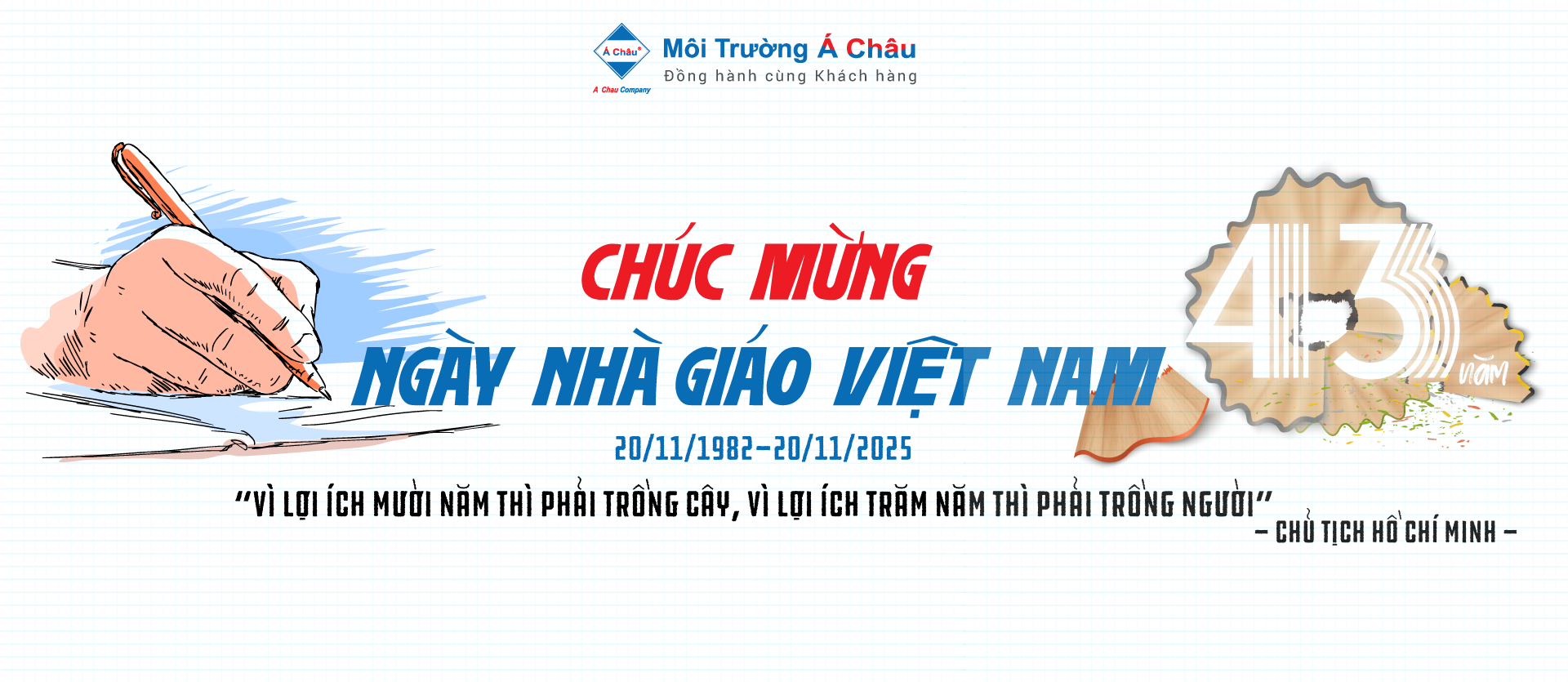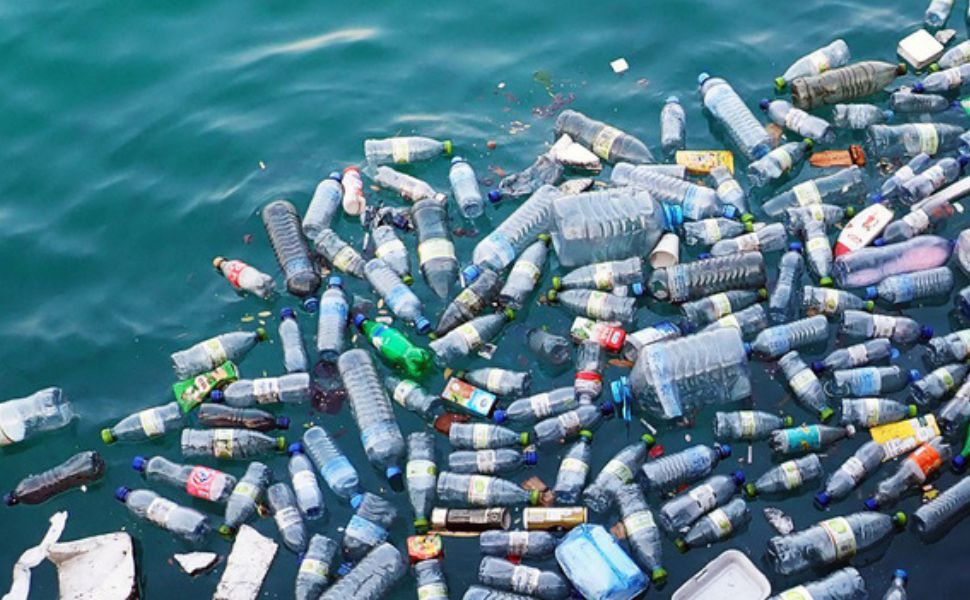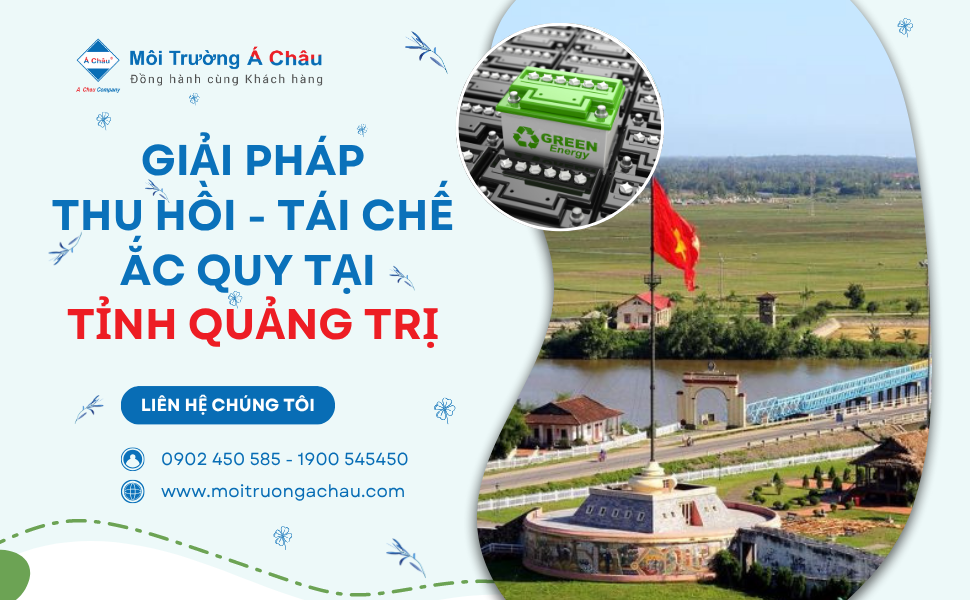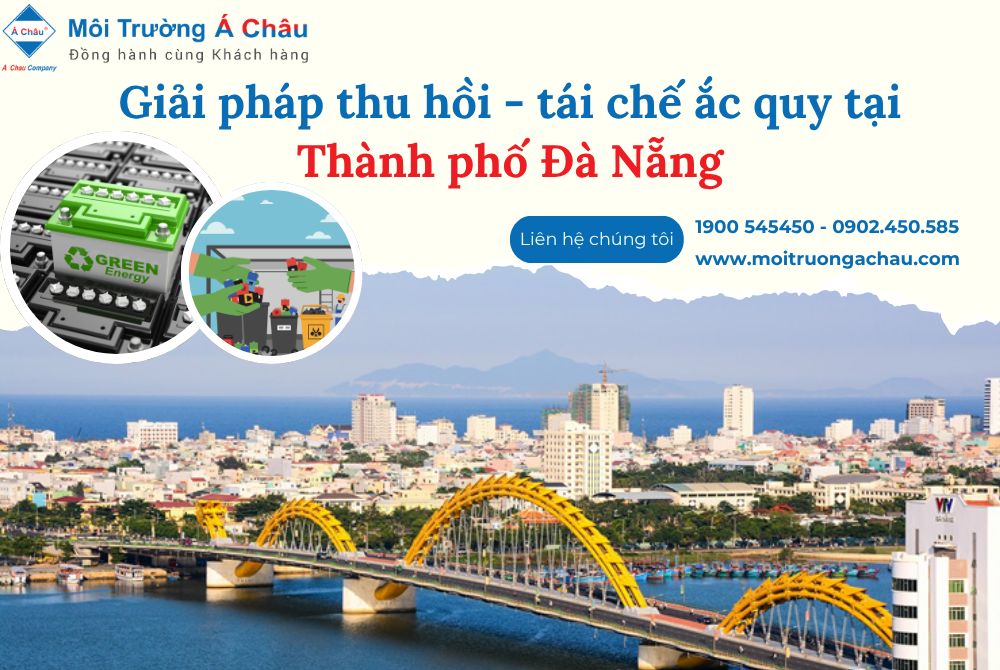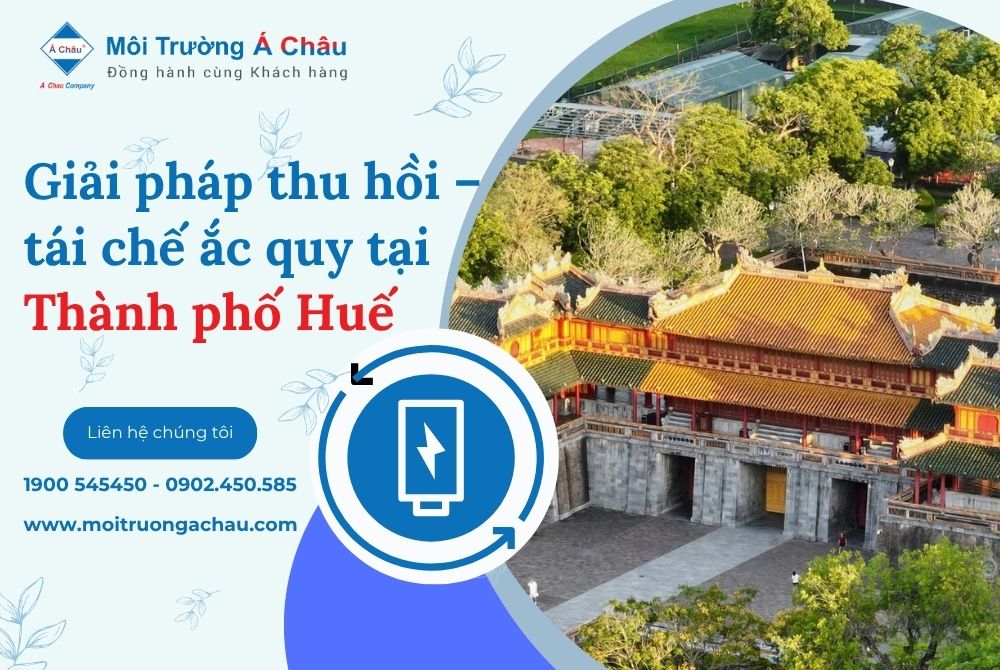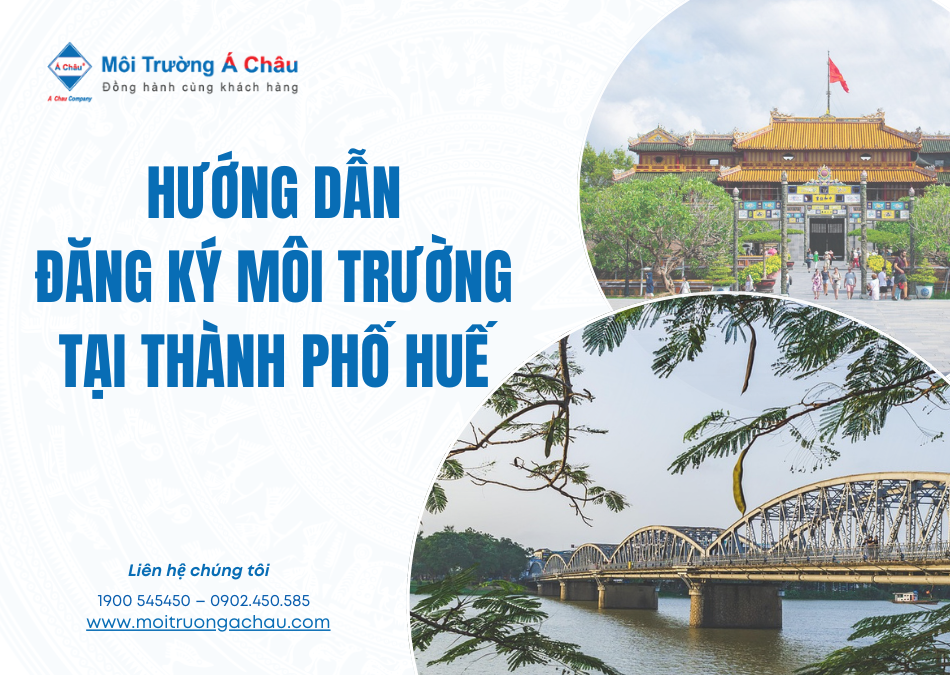Ocean plastic pollution from another countries and new lessons to Vietnam
Ocean Plastic Pollution (OPP) is a serious global problem that must be solved immediately. OPP brought more economic, social, and environmental consequences. Other countries prevented ocean plastic waste. According to the data, OPP from the other countries' management is the best lesson for Vietnam.
Graphic illustration (from Internet platform)
For instance, a few countries from all over the world.
1. Japan
OPP (Ocean Plastic Pollution) problems increased, and Japan decided to have rules for keeping rubbish. Encouragement law transports plastic from June 2021, requiring plastic resources with many different stages of plastic stuff from design, production, selling, and reclaim to recycling down the figures of plastic goods.
As demonstrated, the Japanese Government directs eco-friendly solutions for plastic waste on the design and come-to-produce stage. Plastic goods will be produced by Government certification is high on the list of priorities, supports the recycling system, and encourages to make of friendly stuffs with the environment. Next, to the selling stage, storage will give less one-time use of plastic. In the last stage, the Government encourages all cities to collect and separate and give it to a recycling company.
Since 1995, Japan has had package recycling legislation for split and collect. All people have to respond with the old cans, boxes, and bottles. Human responsibility splits trash from source; the government has to collect, and the enterprise has to recycle
Japan's Government made some strategies: plastic waste can profit if used for exchange. Delivery strategy for plastic waste informed targets: cumulative decrease of 25 per cent plastic waste by 2030; design reduce circle in 2025; reuse plastic container and paper packaging by 60% in 2030; effectively reusing old plastic by 100% in 2035; double the use recycle plastic in 2030; the figures biomass plastic reach at peak to 2 tons in 2030.
Japan's Government made 8 contents:
- Promote a waste management system
- Prevent through trash outside
- Collect waste still on the land
- Collect all ocean plastic waste
- Changing and creating new alternative products
- Combine with all relatives
- International cooperation by sharing the best method
- Research the actual situation and improve the technology
Especially, Japan had the idea of “Osaka Ocean Vision” with a plastic waste target of zero in 2020 when operating the G20 Osaka workshop by specific measures.
To sum up, some areas of Japan operated collected activities and handled plastic waste at sea, manufactured reusable bags, stopped providing plastic bottles, and used metal bottles.
2. Canada
In 2018, Canada adopted a National Strategy for the complete elimination of plastic waste. Building strategy on existing programs for landfill reduction and the expanded responsibility of manufacturers to take advantage of plastic in the economy but remove it from the environment. The strategy reflects the priorities of the waste management system, mobilising multiple sectors and partners to work together to eliminate waste by identifying 10 areas, including product design, single-use plastics, collection systems, recycling capacity, consumer awareness, seafood operations, research and monitoring, clean-up, and global action. The next step is to coordinate with federal stakeholders with the state government to identify solutions and agree to an action plan. Then, there is the implementation of regulations, voluntary commitments from businesses, education, and investment.
In addition, Canada enacts and enforces laws and regulations to protect water bodies and ecosystems from various sources of pollution; it also supports local initiatives and community projects such as cleaning up beaches and oceans. By January 2018, hygiene products containing microplastics, such as shower gel, body hygiene products, skin cleaners, and toothpaste, were banned. The complete ban went into effect in July 2019.
3. Indonesia
To reduce the figures of plastic waste, Indonesia enforced and deployed a rule for plastic waste ( also ocean plastic waste ): Presidential Decree No. 97/2017 on National Policy and Strategy on Management of domestic waste and similar household waste; Ordinance No. 83/2018 on Marine waste management. The chairmanship of the Ministry of Coordination of Maritime Affairs and Investment controls the basis of these Ordinances. In 2019, the Nation Action Cooperator group for Plastic was born with more than 150 members, which strongly formed clear partnerships to solve plastic waste issues(as well as ocean plastic waste ).
The Indonesia Government did the same as like Japanese government with the target: The amount of plastic waste throughout the sea will drop by 70% by 2025 and next to 2040 will be 0% plastic, and using plastic waste for circle economy.
This plan will confirm successful performance for Government and Non-Government sectors.
Following this, Indonesia promulgated the National Action Plan period 2017 to 2025, which is the first country from ASEAN to plan to control ocean plastic waste. The content plan includes waste organisations combined, increase powerfully for all relative sites, applied technology to control and manage plastic waste, and the importance of social effort to harm, recycle, and reuse plastic waste in the young generation.
Lessons learned for Vietnam:
Researching plastic waste management from Japan, Canada, and Indonesia might draw lessons for ocean plastic waste management in Vietnam:
First of all, laws and policies about ocean plastic waste must be completed.
Ocean plastic waste problems are one of the most global projects that have to be controlled, so Vietnam should have complete policies and laws on ocean waste management. Especially the worldwide trend towards a circular economy that needs to deliver plastic resources to reduce the figures of waste and collect and recycle ocean plastic waste; the mechanism for promoting initiatives to tackle ocean plastic pollution; and the mechanism for creating science and technology to manage ocean plastic waste.
Secondly, building and deploying OPP management strategy.
OPP management strategy needs to be built in, particularly about targets, duties, and solutions. Accordingly, Vietnam has to determine each organisation. Next, the ocean plastic waste plan and strategy play the co-operator role outside of Vietnam.
In the end, international cooperation in ocean plastic waste management.
The pollution of ocean plastic, such as cross-border type, globalisation. Sump up; the deep connection, like sharing news, data, methods, assessments, and technology tools, will help us manage OPW in Vietnam.
Source: Vietnam Environment Magazine (VEM)
